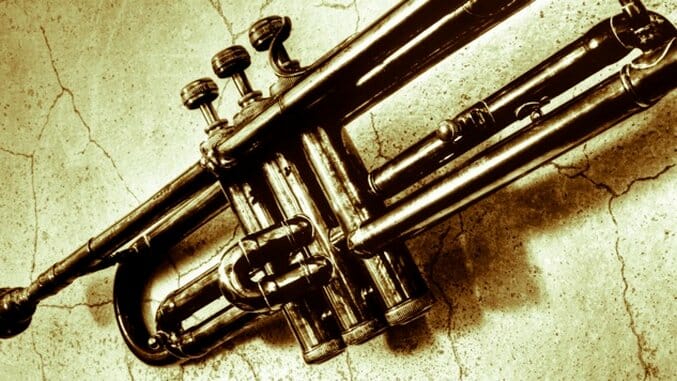Dispatches from Colombia: Disconcerted and Concerted in Bogotá
Image: Shutterstock/Corrado Baratta
Bogotá has a beat. Colombia’s capital moves to big-city music: reggaeton and Shakira and a lot of USA radio hits. One could make an argument about this last category that American rock and pop music shape the world’s hearts and minds more than any other cultural force—and that includes Trump, 50 Shades of Gray, and Wonder Woman.
Even so, local musical flavors thrive. Cali serves up its salsa, Valledupar the famous vallenato. Medellin plays trova paisa. South, on the great grass plains that spread to the Amazon basin, you hear harp-driven joropo. South by southwest, near Ecuador and Peru, Andean music takes over, timeless tunes played on pan-pipes and charangos, a stringed instrument made of an armadillo shell.
Adela and I recently broke out of our own shells to sample two concerts in Bogotá. Most normal weeks, our 12-year-old young man and 9-year-old young lady devour all our attention. We somehow found a little miraculous free time from parenting.
What musical events do two shell-shocked parents suddenly footloose for a couple of nights choose? Well, what’s cheap? What’s close at hand?
Luckily, we have friends with connections, and a world capital like Bogotá holds a world of musical diversity. Two years ago, por ejemplo, we had chances to pick and choose from among 50 different performances going on citywide to honor a dead white Austrian named Mozart. This year, several dead white Russian composers have the city spotlight, though we’ve not been able to catch a concert yet.
The two concerts we did select (one indoors with free tickets from a patient of Adela’s, the other outdoors and just up the street, and both within walking distance of Adela’s apartment) proved a study in contrasts.
One show hit the spot. The other show was spotty.
The more problematic of the two occurred midweek, in a nice new performance space at Hall 74 of the Universidad Sergio Arboleda. Here, three flautists somehow found their way onstage through a dense layer of special-effect smoke to trill their hearts out for a packed house.
The Ensemble Souffle Nomade-Trio D’Argent proved as earnest as their name, playing technically brilliant pieces in perfect sync and with great facility. The problem? Too often for my American pop-flavored taste, an exceedingly lovely piece gave way to a party-crasher, one of those jaggedly modernist numbers with no beginning, middle, or (heaven help us) end. During those selections, the trio remorselessly fired piercing flute-note slivers into the soft brains of innocent listeners.
One number will remain especially memorable. (Thanks to a little—not enough—PTSD, I don’t recall its title.)
The trio played a round-robin of high-pitched shrills, relentlessly repeated. It would have shattered Philip Glass. We in the audience endured so many long unhappy minutes that I began to reflect on my life and my shortcomings – no winning lottery ticket, a crooked pinkie, incurable blepharitis, etc. Finally, it crossed my mind to leap into my chair, rip my ears off, throw them onstage, and scream, “Stop! I confess! I CONFESS!!”
-

-

-

-

-

-

-

-

-

-

-

-

-

-

-

-

-

-

-

-

-

-

-

-

-

-

-

-

-

-

-

-

-

-

-

-

-

-

-

-








































